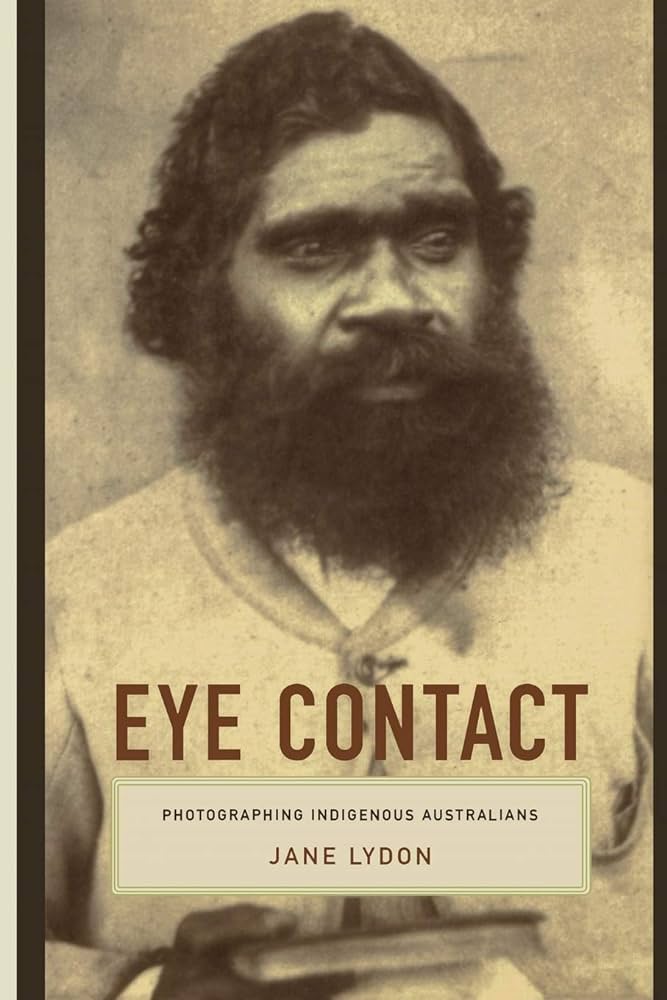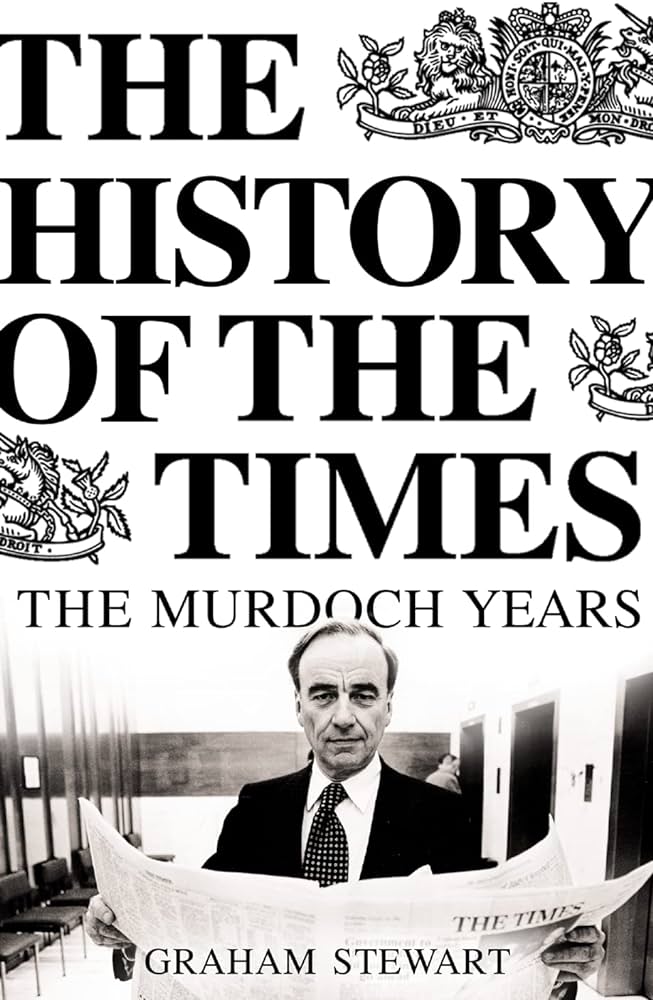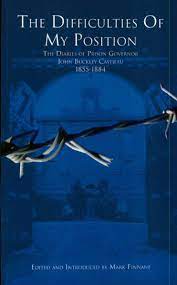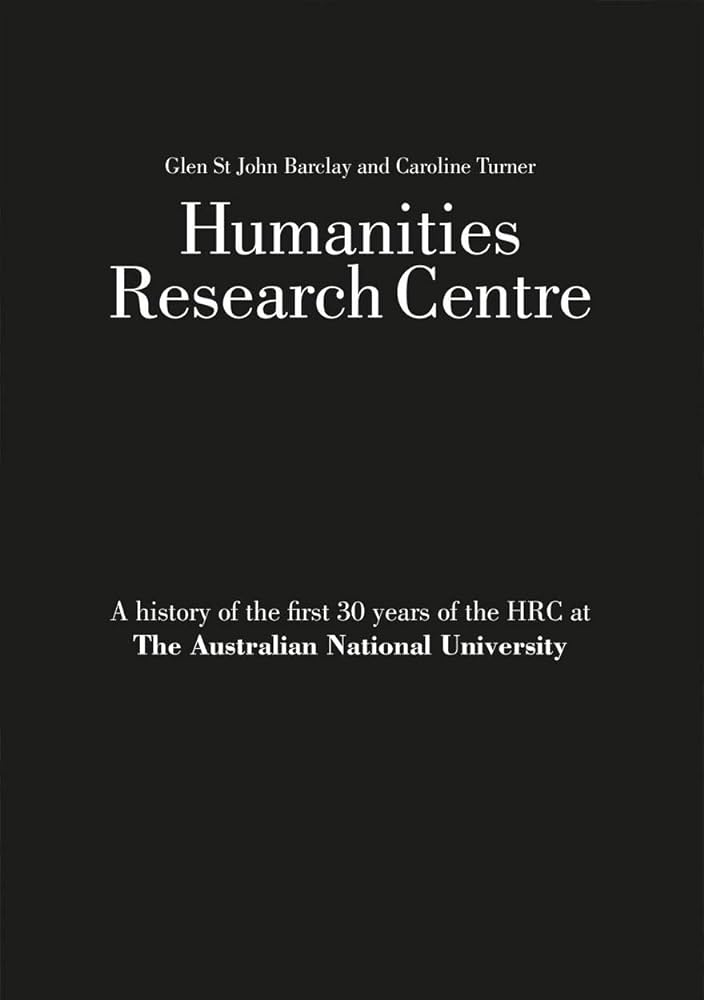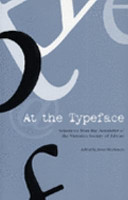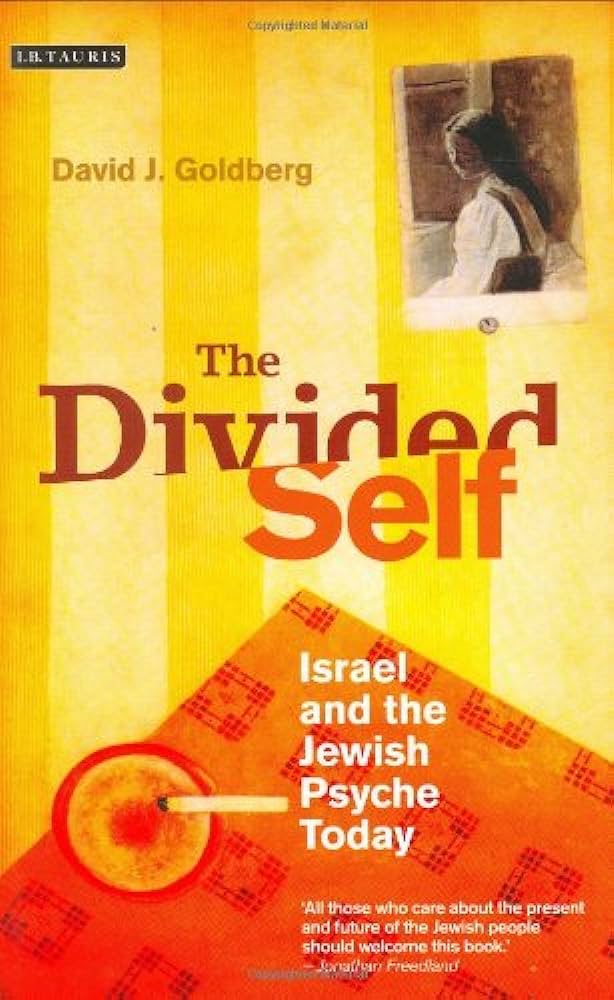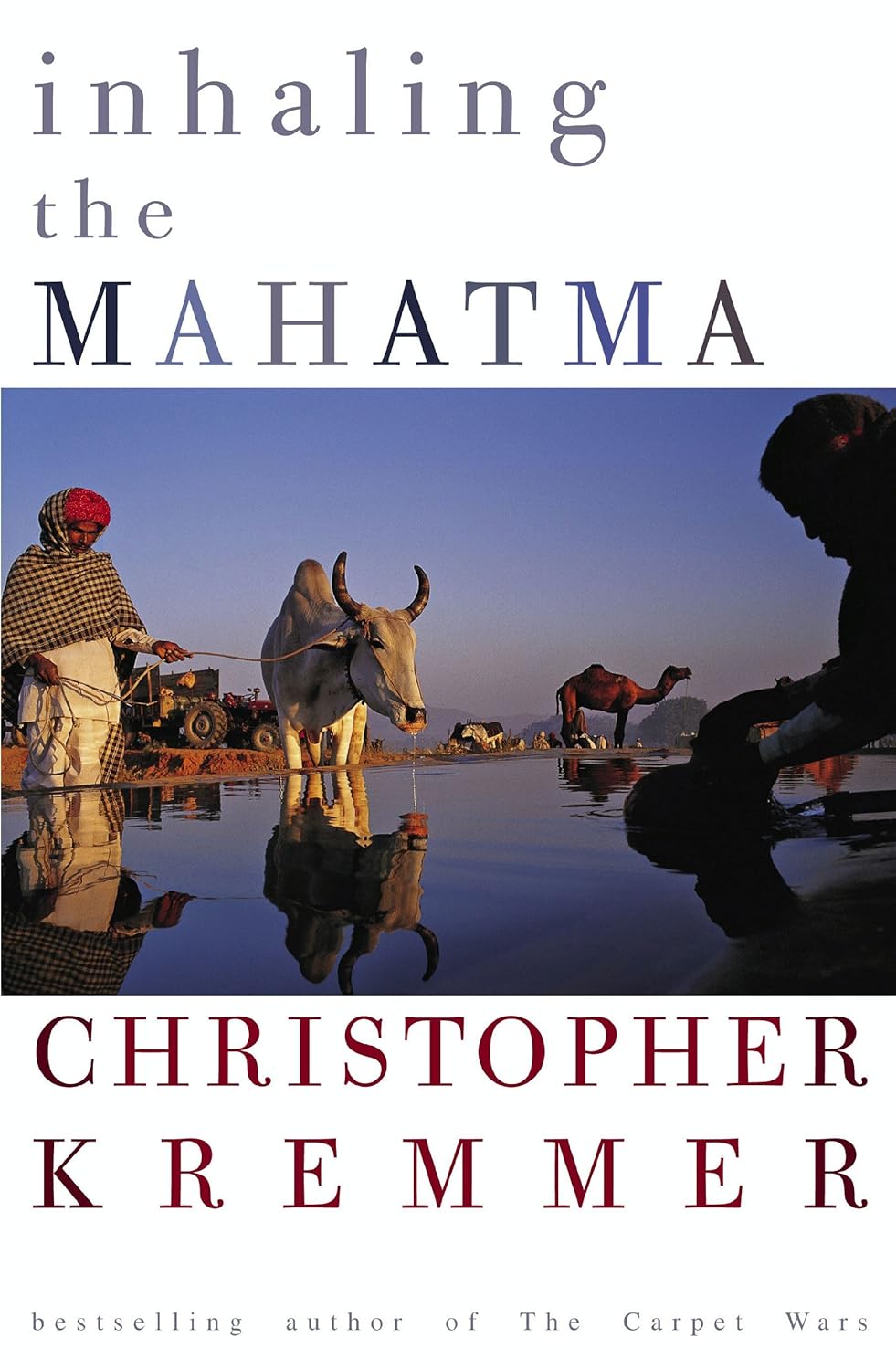Non Fiction
Eye Contact: Photographing Indigenous Australians by Jane Lydon
by Helen Ennis •
The Maestro’s Table: Food, talk and convivio by Judith Armstrong
by Gay Bilson •
The History of The Times: Volume vii: the Murdoch years by Graham Stewart
by Gideon Haigh •
The Difficulties of My Position: The diaries of prison governor John Buckley Castieau 1855–1884 by Mark Finnane
by Laurie Hergenhan •
Humanities Research Centre: The history of the first 30 years of the HRC at the Australian National University by Glen St John Barclay and Caroline Turner
by Jay Daniel Thompson •
At the Typeface: Selections from the newsletter of the Victorian society of editors by Janet Mackenzie
by Aviva Tuffield •
The Divided Self: Israel and the Jewish psyche today by David J. Goldberg
by Geoffrey Levey •


